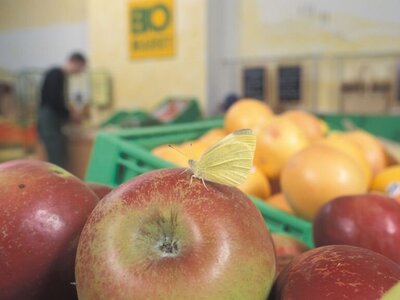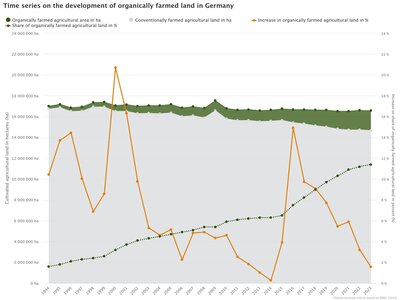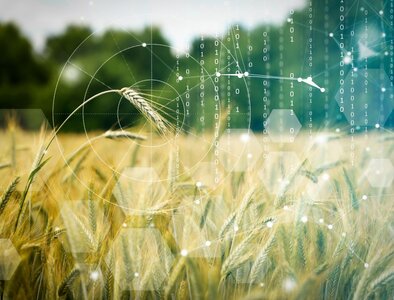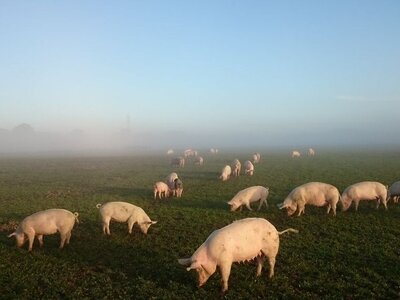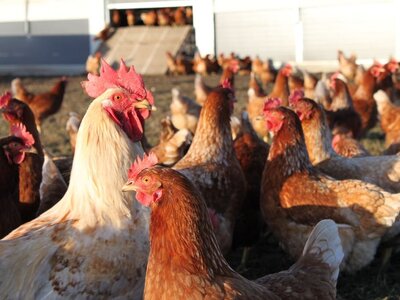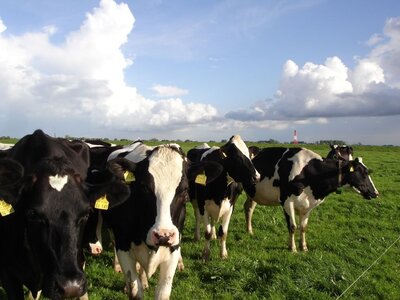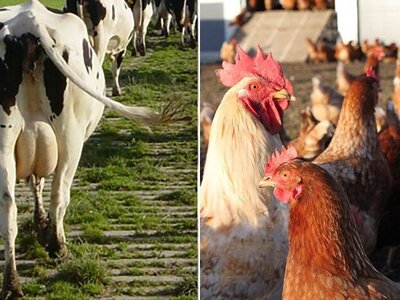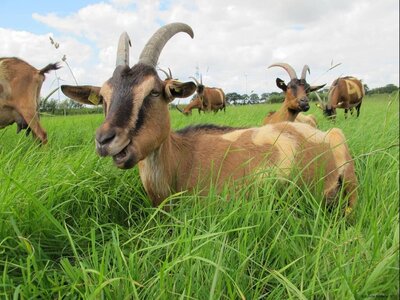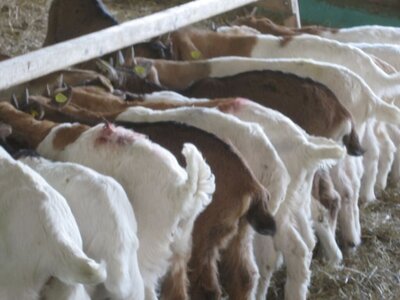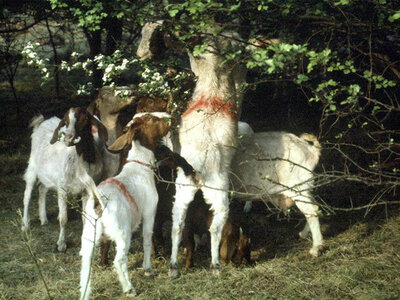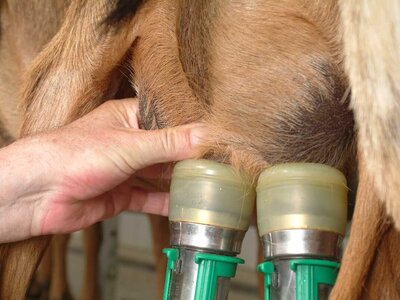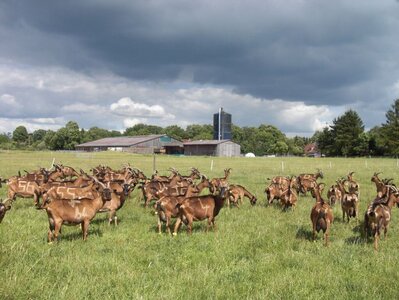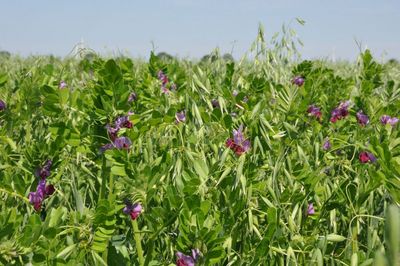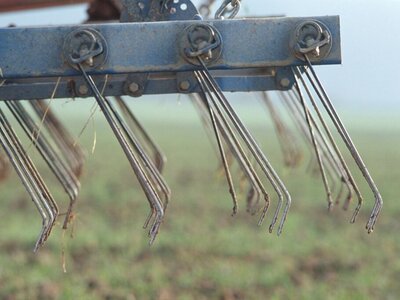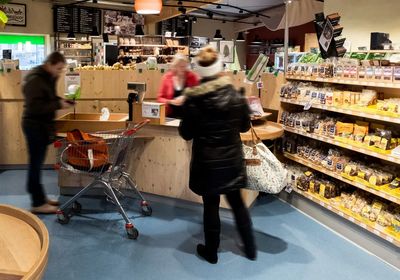Overview

© Thünen-Institut/Jaqueline Felix
In the Thünen topic “Organic Farming”, we focus on three main areas:
- Improvement of production systems: With our on-station research at the Trenthorst site and on-farm activities, we are working to further improve the production systems of organic animal husbandry and organic crop production.
- Framework conditions for expansion: We are developing and analyzing various options suitable for achieving the political goal of "30 percent organic farming". In doing so, we look at various entry points, from food consumption to agricultural policy and food trade.
- Change management in the sector: We also turn to the question of how organic farming should develop further so that it can continue to live up to its pioneering role under the future framework conditions.
Download Service
- Thünen topic Organic FarmingExcerpt from the Thünen Institute's Medium-Term Concept 2021 (in German)
- Thünen medium-Term concept 2021(in German)
Scroll to top

